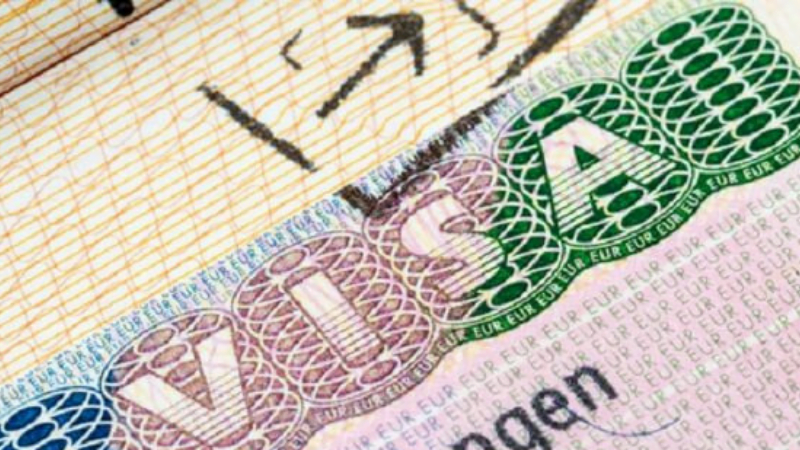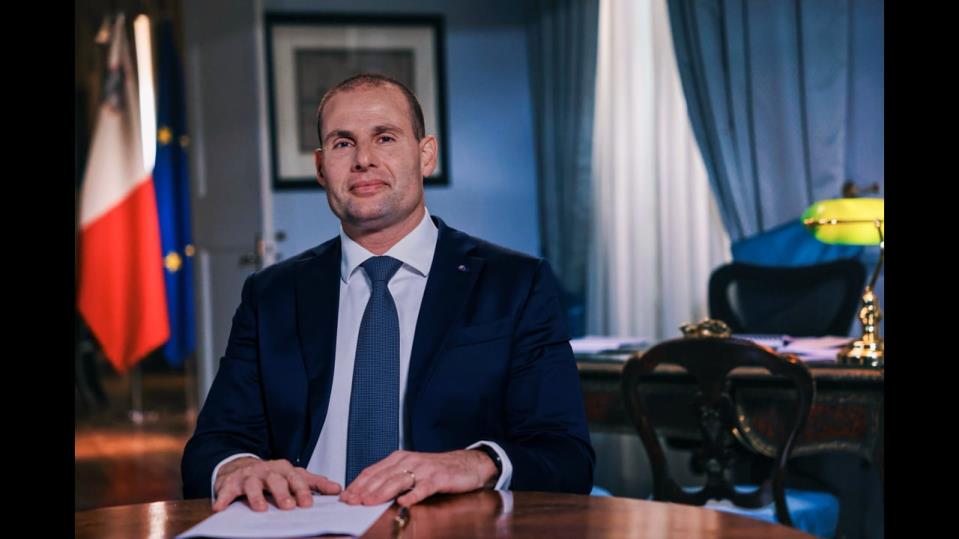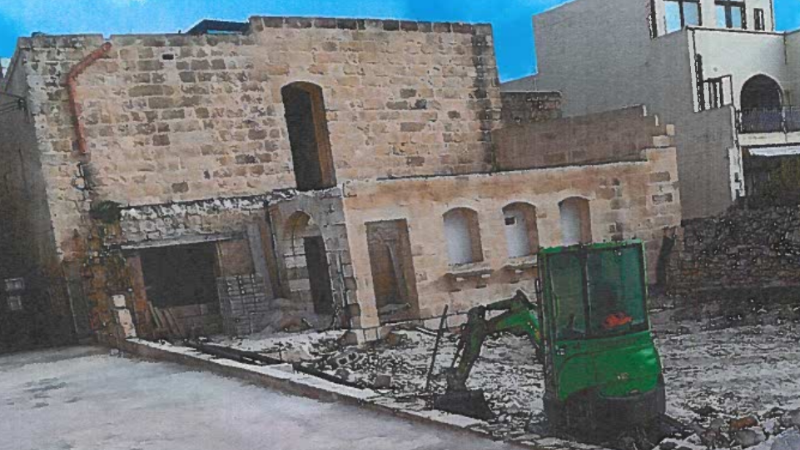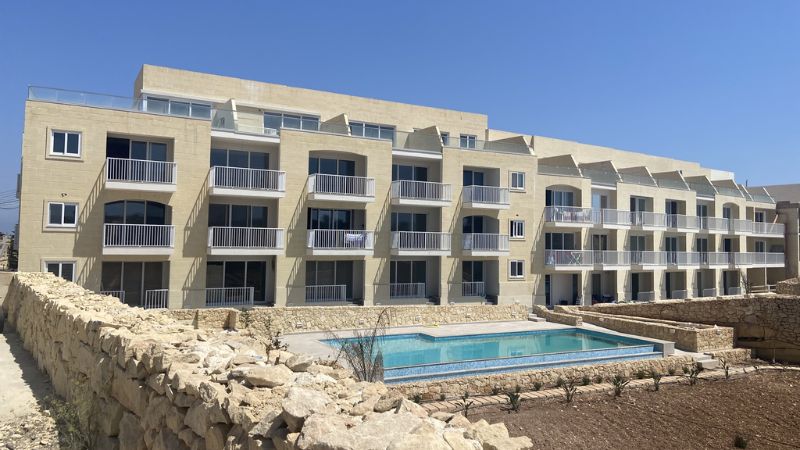This week the National Audit Office (NAO) published a report into allegations of bribery and corruption, focusing on the issuance of visas to 3,696 Algerian nationals.
The NAO found a discrepancy between arrivals and departures, with arrivals exceeding departures by 47.6% between March 2014 and September 2015.
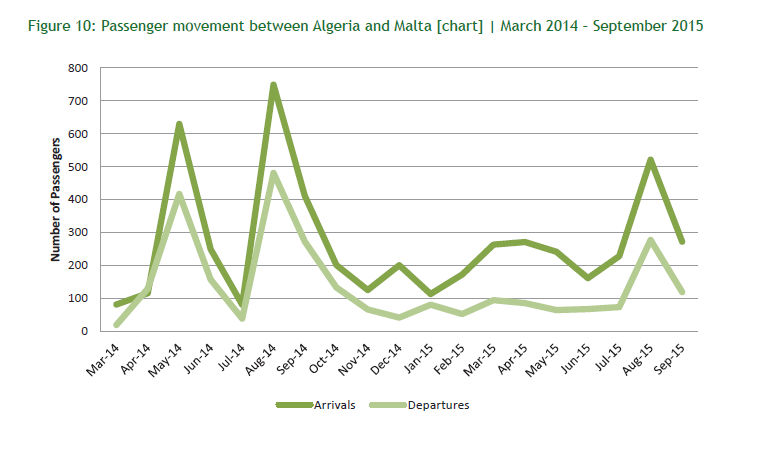 The discrepancies between arrivals and departures must be considered in the context of the regulatory framework that allows for free movement within the Schengen Area, the NAO noted.
The discrepancies between arrivals and departures must be considered in the context of the regulatory framework that allows for free movement within the Schengen Area, the NAO noted.
“Nonetheless, discrepancies noted assume an element of relevance when one considers the aggregate arrival and departure statistics from and to African countries in the period under review, as reported by the Malta International Airport,” the report states.
Many of the reasons given for travel were found to be false – ‘students’ applying to learn English in Malta, for example. Daphne Caruana Galizia had reported in 2015 that bookings for holiday accommodation made via Airbnb and Booking.com resulted in a large number of no-shows.
The story dates back to October 2013, when the Maltese government requested permission from the Algerian authorities to open a consulate in Algiers. The approval was granted only 27 days later.
It is not clear why there was a need to establish a diplomatic outpost in Algiers. The NAO was offered no documentation to support that decision.
Joseph Muscat’s relative, Robert Falzon, was made consul-general, despite having no diplomatic experience whatsoever, in the months following the Labour Party’s electoral win in 2013.
Falzon was a Malta Enterprise employee, first appointed as its “commercial representative” in Algeria. Caruana Galizia had reported that while Falzon was Malta’s consul-general, he was still technically working for Malta Enterprise.
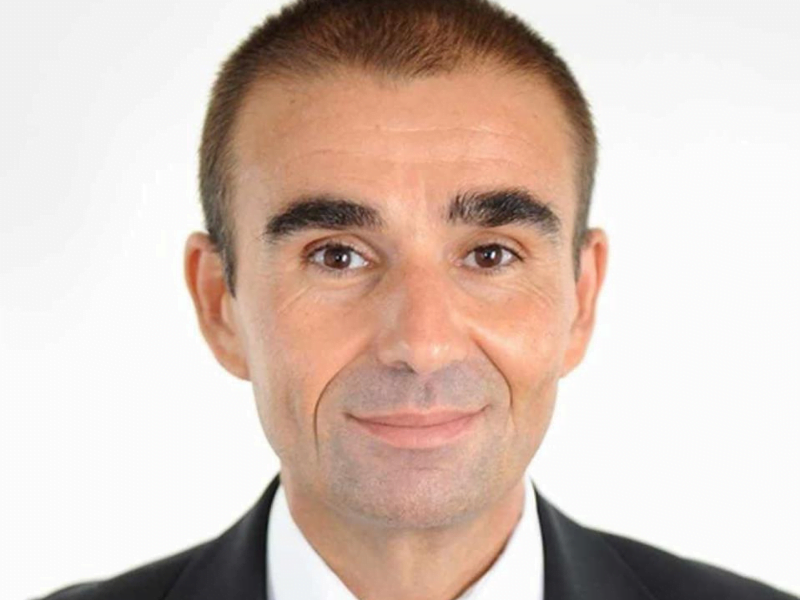
Robert Falzon, a relative of Prime Minister Joseph Muscat, was appointed to Malta’s consul-general after the Labour Party was elected to power in 2013. Photo: Running Commentary.
The Consulate was located in a property belonging to VFS Global, a so-called “outsourcing and technology services specialist for governments and diplomatic missions worldwide”.
By February 2014, the same company that provided the property for the Consulate, was also engaged to provide visa processing services at the Consulate in Algiers and Oran, Algeria.
Interestingly, when the NAO tried to access data on how many visas were issued prior to the VSF Global takeover, they found that all the data regarding the matter had been purged.
The NAO raised a number of questions on the surge in the number of visas issued. It also pointed out that if all the data on previously issued visas had been purged, on what basis did the government decide to open a Consulate in Algeria in the first place?
Following a sharp increase in the number of applications received (up to 50 a day), the consulate decided to move to another VFS-owned property, despite the fact that face-to-face interviews were rarely ever conducted because the Prime Minister’s relative thought they were “time consuming”. He also refused to live in Algiers for “personal reasons”.
The report found numerous failings on the part of VFS Global that the consulate must have been aware of, but the working relationship continued unhindered.
Failures to meet data processing and data protection legal requirements, breaches of the Visa Code, lost meeting minutes, purged data, and the subsequent failure to provide the NAO with documents, only added fuel to the fire of suspicion.
What went on during this time was difficult for the NAO to ascertain due to a “lack of visibility” but what is known is that a there is cause for concern.
The report found evidence of many allegations against consulate staff and employees of VFS Global regarding bribes ranging between €3,000 and €8,000 demanded for the issuance of visas.
A number of different sources said that those who did not pay up either had their visas rejected or their passport documents held until the expiration of the visa, rendering them useless.
While some of the allegations were broad in scope, many were able to provide specific instances of wrongdoing including names and exact amounts exchanged.
While it is not within the NAO’s remit to decide whether or not bribes were solicited or paid to government officials or third parties, the report states that the way in which the consulate operated “facilitated” the incidence of such allegations.
This is not the first time that Malta has been embroiled in some scandal relating to visas. Let’s cast aside, for the moment, the ongoing controversy of the cash-for-passport scheme and remember the allegations that the same government sold 88,000 Schengen and health visas to Libyans via the Maltese Consulate in Tripoli.
At the centre of this scandal is Neville Gafa who was accused of charging several thousand euro to secure a visa for applicants, money that he was accused of pocketing and used to fund a lavish lifestyle. He has denied the claims.
Yet, he was also found to have visited Libya on official business late last year where he met with a Libyan militia warlord, but Gafa claimed to have “bumped into” him on the streets of Tripoli. He had claimed earlier that he was there on personal business, before a government invitation for his visa was leaked and published by The Shift News.
In addition to this, Karl Izzo – a close friend of the Prime Minister – was recently granted the honour of non-resident ambassador to Montenegro despite opposition from the PN. A water polo coach, Izzo has no diplomatic experience of any kind.
It seems that placing close friends, or even relatives, of the Prime Minister into important diplomatic or overseas positions just results in scandal. Both in Libya and in Algiers, visas bearing the stamp of approval from Malta were rolled out at an alarming rate, and in the case of Algiers, with little adequate due diligence taking place.
These individuals, after receiving a Schengen Visa, seemingly disappeared into the EU, failing to fulfill the conditions of their visa.
The European Commission has just issued a stern warning to Malta on the security risks posed by its cash-for-passport programme. Yet another scandal relating to visas is another black mark against Malta’s name.

